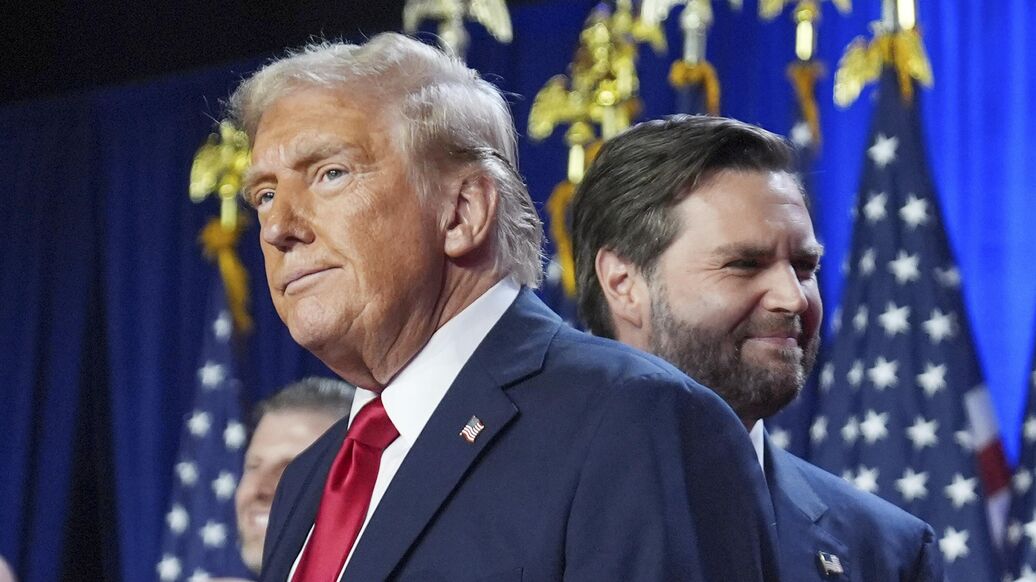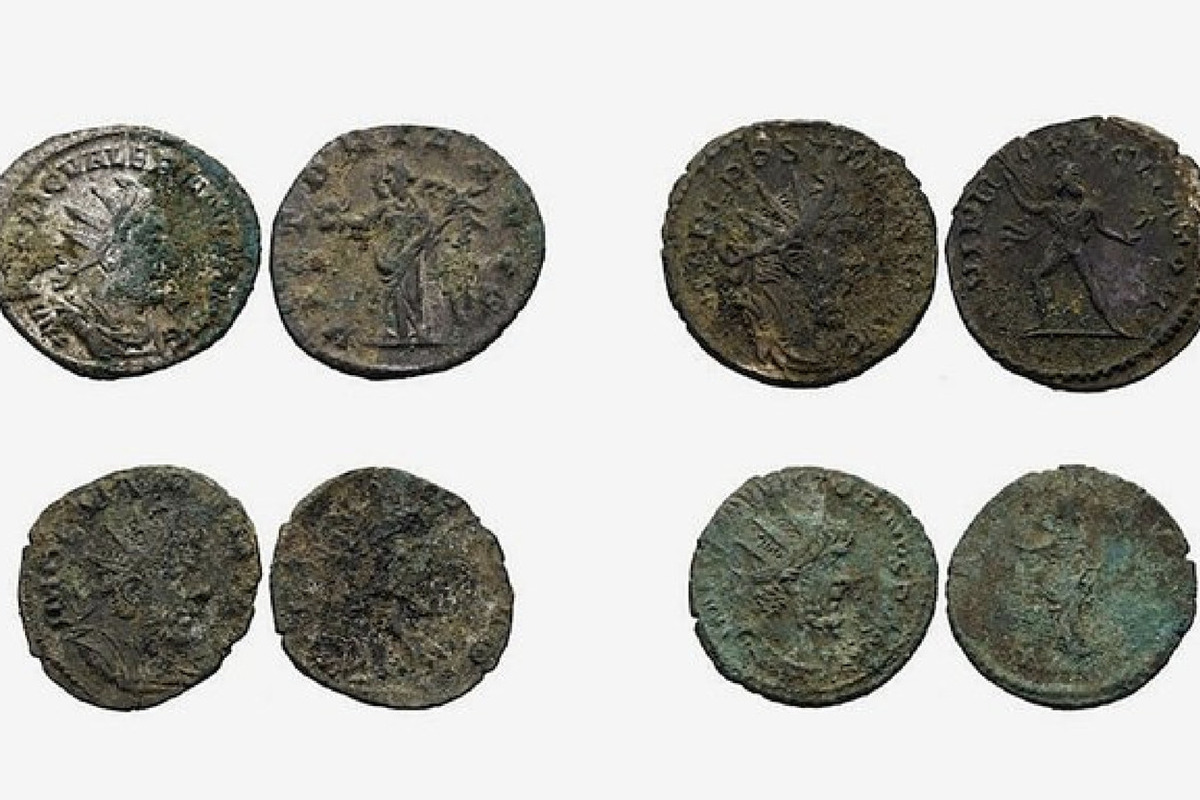BREAKING NEWSPutins spies could have killed THOUSANDS of Brits with Novichok: Perfume bottle left in Salisbury by GRU agents contained enough military-grade nerve agent for mass murder, inquiry hears
Thousands of people could have been killed by the Salisbury poisonings, an inquiry heard.
Thousands of people could have been killed by the Salisbury poisonings, an inquiry heard.
Just one person - mother-of-three Dawn Sturgess, 44 - died after a botched attempt by Russian agents to kill double agent Sergei Skripal months earlier.
Ms Sturgess sprayed herself with the deadly nerve agent Novichok, believing it to be perfume, in July 2018.
The military-grade poison, developed by Russian government agencies in the final years of the Cold War, was contained inside a Nina Ricci Premier Jour bottle, which was found discarded in Amesbury, Wiltshire, by her partner Charlie Rowley, who brought it home as a gift.
It came months after former Russian double agent Mr Skripal and his daughter Yulia were poisoned in March that year by Kremlin agents by spreading Novichok on the door handle of their home in nearby Salisbury before the suspects disposed of the bottle. The Skirpals survived.
The suspects later gave a much-derided interview to Russian state television denying involvement, claiming that they travelled to the UK to visit Salisbury cathedral and Stonehenge.

Dawn Sturgess (pictured) sprayed herself with the deadly nerve agent Novichok after finding a bottle of what she thought was perfume

The mother-of-three (pictured) died in July 2018, months after the attempt assassination of Russian double agent Sergei Skripal

The two suspects in the poisoning on Mr Skripal, Antaoly Chepiga, also known as Ruslan Boshirov (right), and Alexander Mishkin, also known as Alexander Petrov (left), later gave a much-derided interview to Russian state television denying involvement
An inquiry today opened at Salisbury Guildhall into who was responsible for the poisoning, the extent of Russian state responsibility, and whether UK authorities took appropriate precautions to protect the Skripals and the public from being attacked.
Andrew OConnor KC, lead counsel to the inquiry, said Ms Sturgess was an innocent victim in the crossfire of an illegal, outrageous international assassination attempt.
In an opening statement, he said: The evidence will suggest that this bottle, which we shall hear contained enough poison to kill 1,000s of people, must earlier have been left somewhere a public place, creating obvious risk that someone would find it.
You may conclude that those who discarded the bottle in this way acted with a grotesque disregard for human life.
He said it was no exaggeration to say that the circumstances of Dawn Sturgess death were extraordinary.
He added: Ms Sturgess lived a life that was fully removed from the worlds of politics and international issues.
There was a noticeable police presence around the city centre as proceedings began today.
Both Sergei, 73, and Yulia, 39, were hospitalised as a result of coming into contact with the poison, although they were later released from hospital.
Yet neither of them will be called to give evidence to the inquiry amid extraordinary measures to protect them from possible further harm if Vladimir Putins agents can determine the secret location they are now living.
Inquiry chairman Lord Hughes of Ombersley also ordered that video and audio of the Skripals being interviewed by police must not be played, as the footage could be used to identify them now.
And, in an unprecedented move, documents containing sensitive information will be redacted before they are entered into the inquirys IT system over fears the Kremlin could otherwise hack the files to create a hit-list of MI5 and MI6 officers and counter-terrorism detectives.

The incident came months after Mr Skripal and his daughter Yulia (pictured together) were left seriously ill after coming into contact with Novichok in Salisbury in February 2018

The suspects in the Novichok poisonings, Anatoly Chepiga (left) and Alexander Mishkin (right), denied any involvement

The pair told Russia Today in a much-derided interview they had been visiting Stonehenge and Salisbury Cathedral (pictured) during their visit to the UK
The inquiry opened more than six years after the Skirpals were discovered slumped on a park bench in the Maltings area of the city in what was initially believed to be a possible drugs overdose.
Russian assassins targeted the Skripals hours earlier. Although the father and daughter survived, Ms Sturgess died after she sprayed the chemical on her hands and face, thinking it was perfume three months later.
Police believe the two GRU (military intelligence) officers had thrown it away near the Skripals house, with Ms Sturgesss partner, Mr Rowley, picking it up and taking it home.
Russia has denied all involvement in the deaths and criticised the inquiry itself, while Baroness Theresa May, Prime Minister during the time of the poisonings, last week admitted justice is highly unlikely to happen for those affected.
The 2021 inquest into Ms Sturgesss death was converted into a public inquiry the following year by then-Home Secretary Priti Patel, meaning that highly-sensitive classified information can be heard in secret sessions.
The family of Ms Sturgess - including her two sons and daughter, and her partner, Mr Rowley, 51 - had urged the judge to order the Skripals to give evidence in person as they had questions to direct to them.
But Lord Hughes ruled that the risk to the Skripals - who are living under police protection - was too great. He said: The overwhelming risk is of physical attack on one or both the Skripals. An attack similar to that which appears to have taken place in 2018 remains a real risk.
The judge said the pair giving evidence remotely was risky as their integrated security arrangements could not be maintained.
Even if they delivered testimony from a secure location via an electronic link immune to interception, taking them to and from it was a risk, he said.

The Novichok was contained inside a pefume bottle, found by Ms Sturgess partner Charlie Rowley (pictured), who brought it home as a gift

The Nina Ricci Premier Jour bottle was found discarded in Amesbury, Wiltshire. Pictured: The packaging from the bottle in question
Lord Hughes also ordered that police interview footage should not be shown in public as it would show mannerisms, speech characteristics and details of appearance that would help Putins spies to identify them now. He added: I am satisfied that there would be real danger of identification.
In September 2018, Scotland Yard charged the two GRU spies - who travelled under the names Alexander Petrov and Ruslan Boshirov - with the attempted murder of the Skripals and the poisoning of two Wiltshire Police officers, but not over the death of Ms Sturgess.
A third Russian, Sergey Fedotov, also a suspected GRU spy, was charged three years later in connection with the poisoning.
An international arrest warrant was issued for the trio, although Russia does not allow the extradition of its citizens meaning it is unlikely they will ever face trial in the UK.
The inquiry will spend a week in Salisbury before moving to London, where hearings will conclude in early December.
Lord Hughes final report is not expected until well into next year.








